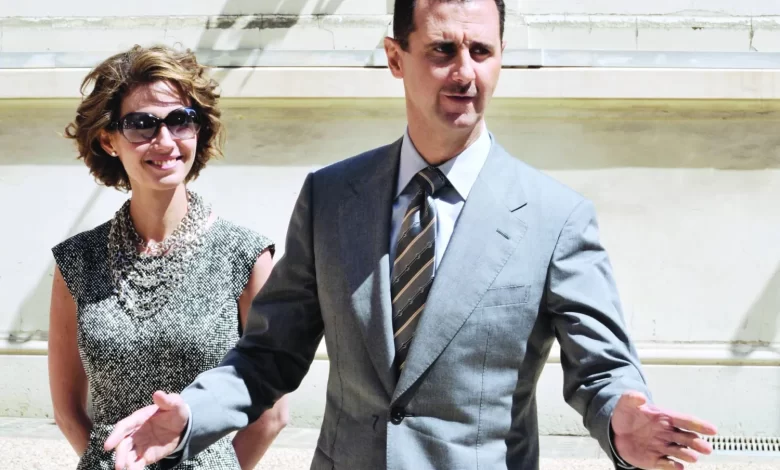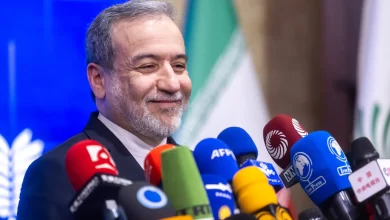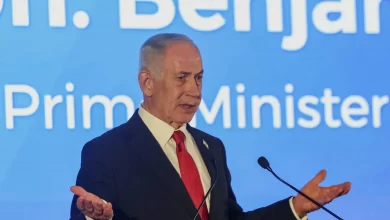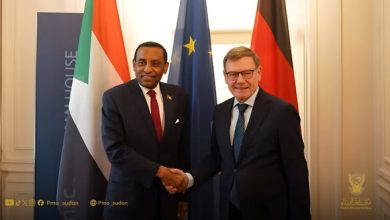InternationalNews
International Lawyers Pursue Assad Family Wealth Worldwide

Human rights lawyers are leading efforts to trace and recover the vast wealth accumulated by the Assad family during their decades-long authoritarian rule, aiming to return it to the Syrian people, according to The Wall Street Journal.
Over the course of 50 years since Hafez al-Assad seized power in 1970, the Assad family established a sprawling network of investments and business interests. Former U.S. officials, lawyers, and research organizations investigating the family’s wealth have uncovered international purchases by Bashar al-Assad’s relatives, including prime real estate in Russia, boutique hotels in Vienna, and a private jet in Dubai.
Andrew Tabler, a former White House official who worked on U.S. sanctions to track Assad family assets, said, “There will be an international hunt for the regime’s assets. They had ample time before the revolution to launder their money and prepare for exile.”
While the exact size of the Assad family’s wealth remains unknown, a 2022 U.S. State Department report estimated its value to be between $1 billion and $12 billion. The report stated that much of this wealth was acquired through state monopolies, drug trafficking (notably amphetamines and Captagon), and was partly reinvested outside Syria through illicit means. Meanwhile, the Syrian population has suffered immensely, with 70% living in poverty by 2022, according to the World Bank.
Prominent figures within Assad’s regime, including Bashar’s British-born wife, Asma (a former J.P. Morgan banker), have been instrumental in managing the family’s finances. Toby Cadman, a London-based human rights lawyer working with the international justice group Guernica 37, described the Assad family as adept in both criminal violence and financial crime.
Recovering and freezing these assets poses a significant challenge. U.S. sanctions have pushed the Assad regime to conceal its wealth in offshore havens. Investigators face the daunting task of tracking funds funneled through shell companies and navigating international legal hurdles, similar to efforts targeting assets linked to Saddam Hussein and Muammar Gaddafi, which yielded limited success.
Nevertheless, some legal teams have achieved victories. In 2019, a Paris court froze €90 million ($95 million) in French assets belonging to Rifaat al-Assad, Bashar’s uncle, who amassed his wealth through embezzlement.
Rifaat’s rise to financial power began under Hafez al-Assad, who placed his brother-in-law, Mohammed Makhlouf, in charge of Syria’s tobacco import monopoly. Makhlouf’s son, Rami Makhlouf, later became the regime’s key financier, controlling banks, media, and telecommunications ventures. At his peak, Rami’s wealth was estimated at $10 billion, according to the U.S. State Department. In 2008, he was sanctioned for benefiting from government corruption.
Investigations reveal that the Makhlouf family also acted as financial trustees for the Assads. Rami Makhlouf reportedly purchased $20 million worth of boutique hotels in Vienna and other properties across Moscow and Paris. However, a public fallout between Bashar and Rami in 2020 raised questions about internal disputes within the regime’s financial elite.
The U.S. State Department accuses Asma al-Assad and her family of amassing illicit wealth through a vast, illicit network operating in Europe, the Gulf, and beyond. Paris-based human rights lawyer William Bourdon, who has investigated Assad’s assets, emphasized the importance of recovering these funds for the Syrian people.



